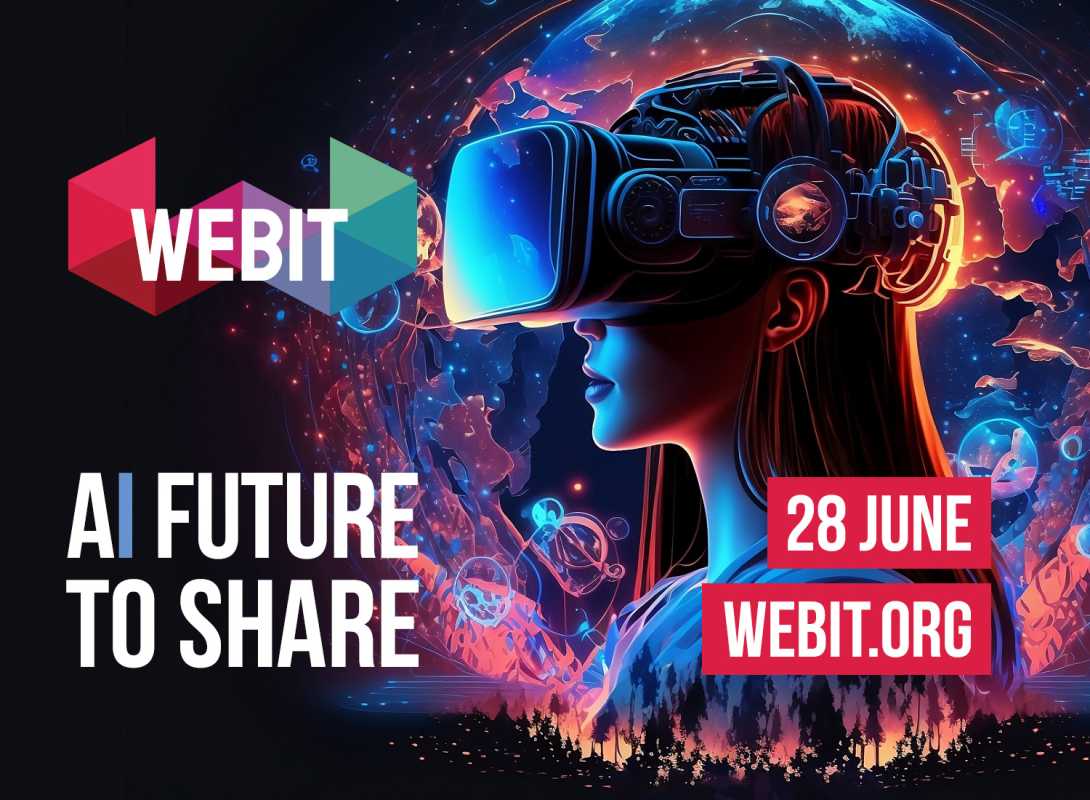Features
Exploring The Metaverse: Beyond Virtual Reality

Virtual reality has opened up new frontiers in the realm of immersive experiences. However, as technology advances, we find ourselves delving deeper into a concept known as the Metaverse. The Metaverse is a collective virtual shared space, where people can engage in a variety of activities and interact with others in real-time. In this article, we will explore the Metaverse – its definition, potential applications, and the exciting possibilities it presents.
What is the Metaverse?
The Metaverse is a term that was originally coined by science fiction writer Neal Stephenson in his 1992 novel “Snow Crash.” It refers to a virtual universe, a combination of physical and virtual reality, where people can connect, interact, and live out their digital lives.
Unlike virtual reality experiences, which are typically solitary and confined to specific devices, the Metaverse is a vast interconnected network of virtual worlds and gaming environments that transcend traditional boundaries. It aims to create a shared space, accessible by anyone, anywhere, and at any time.
The Potential Applications of the Metaverse
The concept of the Metaverse opens up limitless possibilities across various industries and areas of life. Here are some potential applications:
1. Entertainment and Gaming
One of the most obvious applications is within the entertainment and gaming industry. The Metaverse can provide an immersive and social experience that goes beyond what traditional gaming and virtual reality currently offer. Imagine stepping into a virtual world where you can attend concerts, participate in interactive game shows, or explore fantastical environments with friends from around the globe. The possibilities for entertainment are endless.
2. Collaborative Workspaces
The Metaverse has the potential to revolutionize the way we work and collaborate. Instead of being confined to physical office spaces or dealing with the limitations of video conferencing, the Metaverse can provide a virtual workspace where colleagues can meet, brainstorm ideas, and work together in real-time. This would break down geographic barriers and enhance creativity and productivity.
3. Education and Training
Within the field of education, the Metaverse can offer immersive learning experiences that go beyond textbooks and lectures. Imagine students exploring historical sites in virtual reality, participating in interactive simulations, or conducting virtual science experiments. The Metaverse has the potential to engage learners like never before, making education more accessible, interactive, and engaging.
The Exciting Possibilities
As the concept of the Metaverse gains traction, we can imagine a future where people have a digital persona that transcends physical limitations. This persona could be used for various purposes, from attending virtual conferences and events to exploring limitless virtual environments.
With advancements in virtual reality technology, haptic feedback systems, and artificial intelligence, the experience within the Metaverse will become increasingly realistic and immersive. Users will be able to feel the touch of virtual objects, interact with virtual entities, and communicate naturally through their avatars.
Furthermore, the Metaverse could lead to a new economy. Just like the internet revolutionized commerce, the Metaverse could provide a platform for virtual marketplaces, where users can buy and sell virtual goods, services, and experiences.
Conclusion
In conclusion, the Metaverse represents the next frontier in immersive technology. It has the potential to revolutionize entertainment, transform the way we work and learn, and even create new economic opportunities. As technology continues to advance, it is an exciting time to explore and envision the endless possibilities that lie within the Metaverse.










